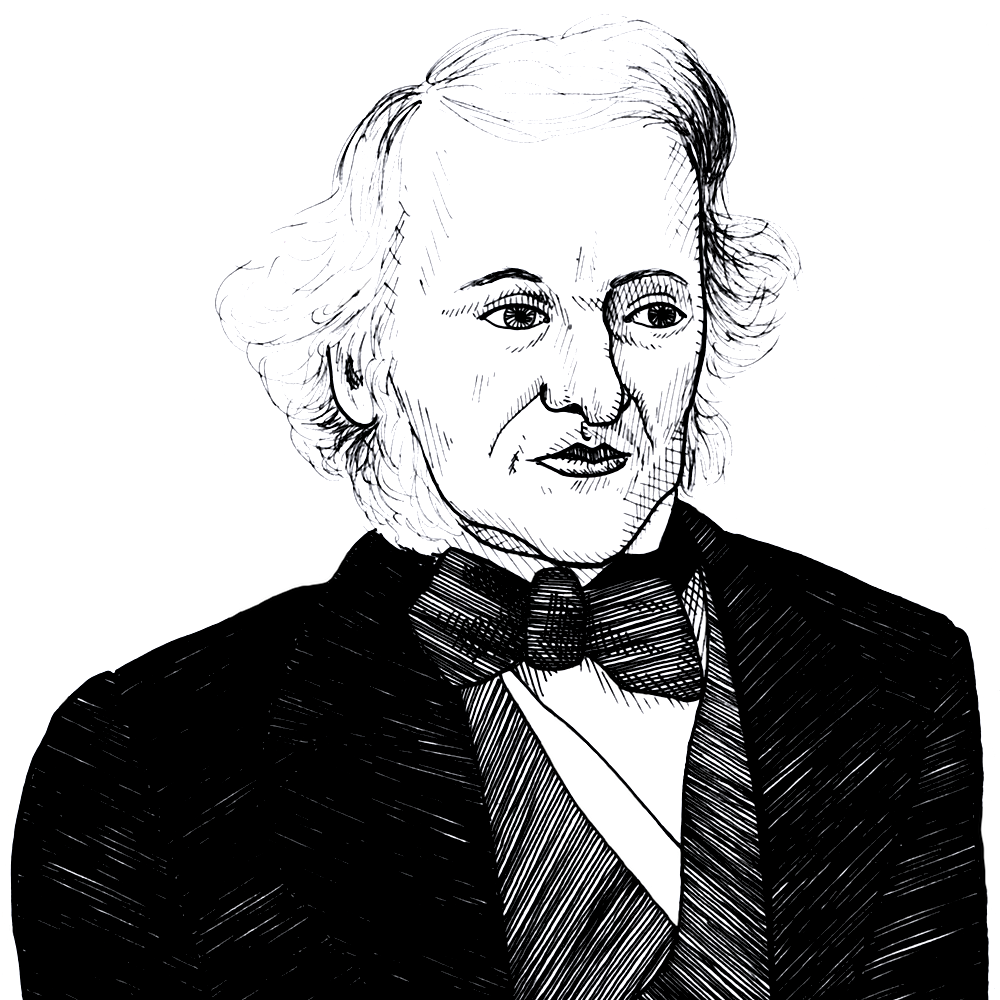
The 10th Day of Christmas: Richard Cobden on public opinion and peace on earth (c. 1865)
Found in: The Political Writings of Richard Cobden, vol. 2
The British advocate of free trade and peace Richard Cobden (1804-1865) chides an unnamed reverend for using his pulpit to praise the bellicose statements of the Duke of Wellington. He reminds the reverend that he serves a higher master who urged mankind to pursue the goals of “peace on earth, good will towards men”:
War & Peace
Will you pardon me if, before I lay down my pen, I so far presume upon your forbearance as to express a doubt whether the eagerness with which the topic of the Duke of Wellington’s career was so generally selected for pulpit manifestations was calculated to enhance the influence of ministers of the Gospel, or promote the interests of Christianity itself. Your case and that of public men are very dissimilar. The mere politician may plead the excuse if he yields to the excitement of the day that he lives and moves and has his being in the popular temper of the times. Flung as he is in the mid-current of passing events, he must swim with the stream or be left upon its banks, for few have the strength or courage to breast the rising wave of public feeling or passion. How different is your case! Set apart for the contemplation and promotion of eternal and unchanging feelings of benevolence, peace, and charity, public opinion would not only tolerate but applaud your abstinence from all displays where martial enthusiasm and hostile passions are called into activity. But a far higher sanction than public opinion is to be found for such a course. When the Master whom you especially serve, and whose example and precepts are the sole credentials of your faith, mingled in the affairs or this life, it was not to join in the exaltation of military genius, or share in the warlike triumphs of nation over nation, but to preach “Peace on EARTH and good will toward MEN.” Can the humblest layman err, if, in addressing the loftiest dignitary of the Christian Church, he says “GO THOU AND DO LIKEWISE?”